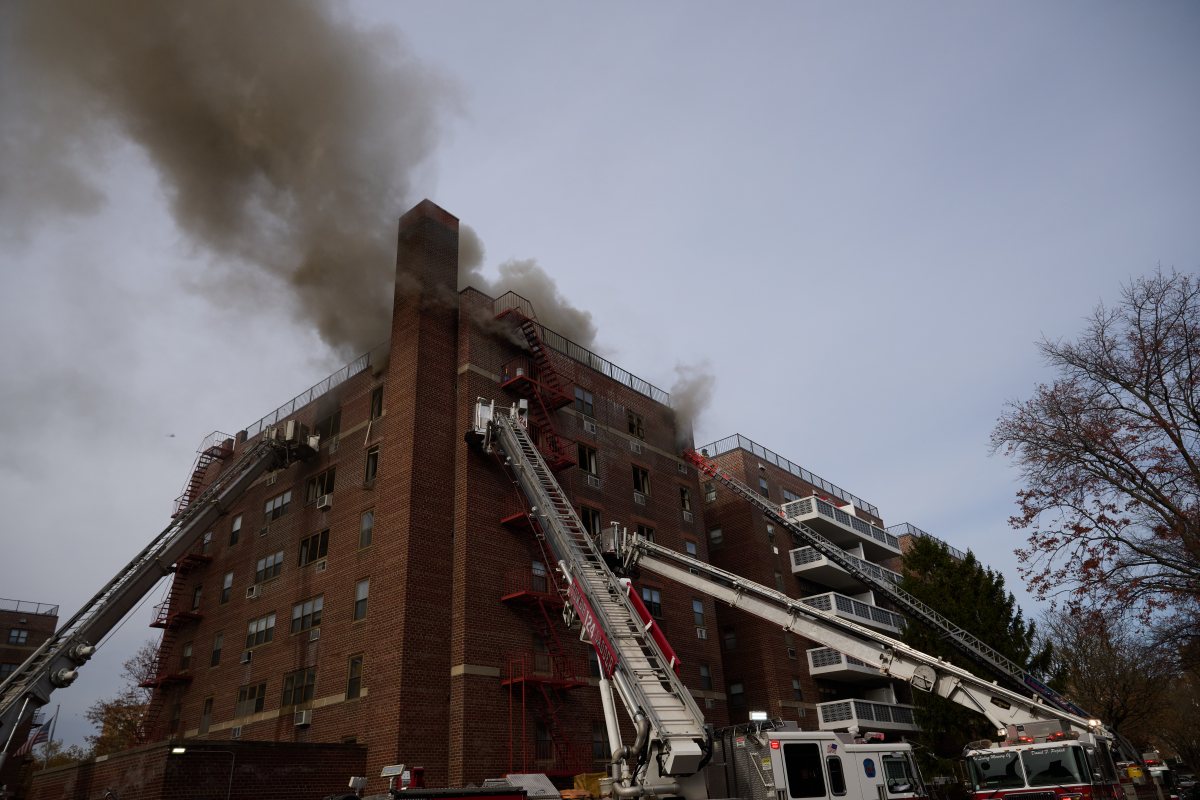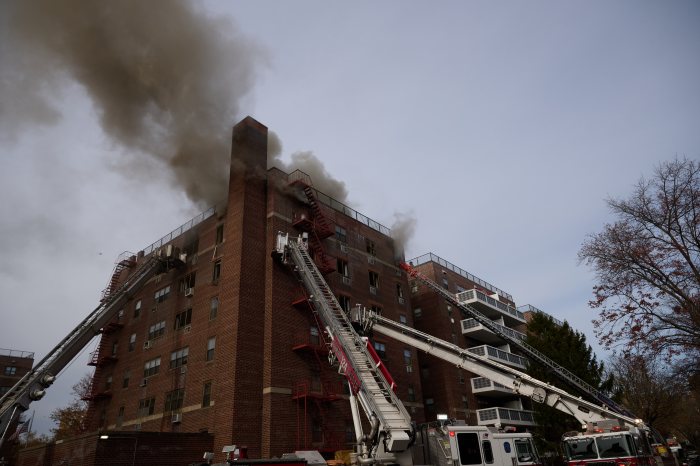By Deborah J. Glick
I have lived in the Village for close to 40 years. The one constant is that change is inevitable, but it is not always progress. We’ve all experienced the loss of treasured local businesses, which has dramatically altered our sense of the neighborhood. Some shops succumbed to ridiculous rent increases, some because shop owners just ran out of steam and couldn’t find anyone with the same passion to continue. But increasingly, the policy initiatives that run counter to the interests of neighborhoods create situations that make success for small businesses nearly impossible. The most pernicious loss has been St. Vincent’s because it not only goes to our concern for our access to healthcare, but because its ripple effect has damaged our local economy. This change also threatens the very nature of this centrally located area, gentrifying an enormous section of our community.
For those who continue to believe that your local representatives just didn’t care enough to save the hospital, I think some direct response is needed. It’s impossible not to sound defensive in the face of all the anger and frustration, which all of us feel deeply. But it is important to clarify the timeline, because too few people seem to have an accurate understanding of this history. I received a letter from St. Vincent’s in December 2009, thanking me for all my work in preventing midyear budget cuts that would have crippled the hospital. The letter closed by telling me that the hospital administration looked forward to our continued work on the upcoming budget. There was no postscript pointing out that they would likely be out of business by then!
Soon after it became apparent that St. Vincent’s was in danger of shutting its doors, local elected officials pressed Governor Paterson to convene a task force to find a way to save the hospital. These meetings included union representatives, local elected officials, State Department of Health personnel and numerous St. Vincent’s representatives. During these daily meetings and phone calls numerous actions were taken to stave off closure, including an infusion of more than $1 million from the New York State Assembly, which I helped facilitate, so the hospital could meet its payroll obligations. Politics were put aside as everyone came together to figure out how to keep St. Vincent’s afloat.
After many weeks of meetings it appeared that Mt. Sinai would take over the hospital and everything would work out. And then to everyone’s grave disappointment this deal feel through at the last moment. To this day no one is quite sure what happened. Was it the influence of the State Health Department? Was it the $1 billion worth of debt that St. Vincent’s was carrying? Was it low reimbursement rates and general mismanagement of the hospital? Was it the complete lack of support from the mayor? Or was it, as so much is in New York, a good real estate deal trumping community needs? It may have been a combination of all these factors. The bottom line is that we were left without a hospital and have suffered a great loss.
Clearly, I would love to see a hospital restored to the community. To that end, I wrote to the new State Health Department commissioner in July 2011 to ask that some additional floors be added to the North Shore-Long Island Jewish proposal that would, in effect, create a small community hospital. That request was flatly rejected. Today we have a proposal for a new health center, and while the loss of 400 beds cannot be replaced by an urgent-care center, is it responsible to reject this quasi-emergency room in hopes that St. Vincent’s can be resurrected? Without a hospital operator prepared to run a full hospital, and a Health Department willing to assist in a hospital’s creation, it is hard to see that as a reality, despite the most fervent desires on the part of many people. Therefore, the question becomes: Is it better for the community to forgo any replacement healthcare services? Is it appropriate for an elected representative to reject the opening of a health center that offers essential services?
Over the last 20 years as an elected official, I have come to understand that abstaining from the process does not change the outcome; it just limits the discussion and community input. I have listened — and will continue to listen — to the concerns and needs of my constituents and the community as we go forward in the formal review process for the applications which are in front of us today.
Glick is the assemblymember for the 66th District


































